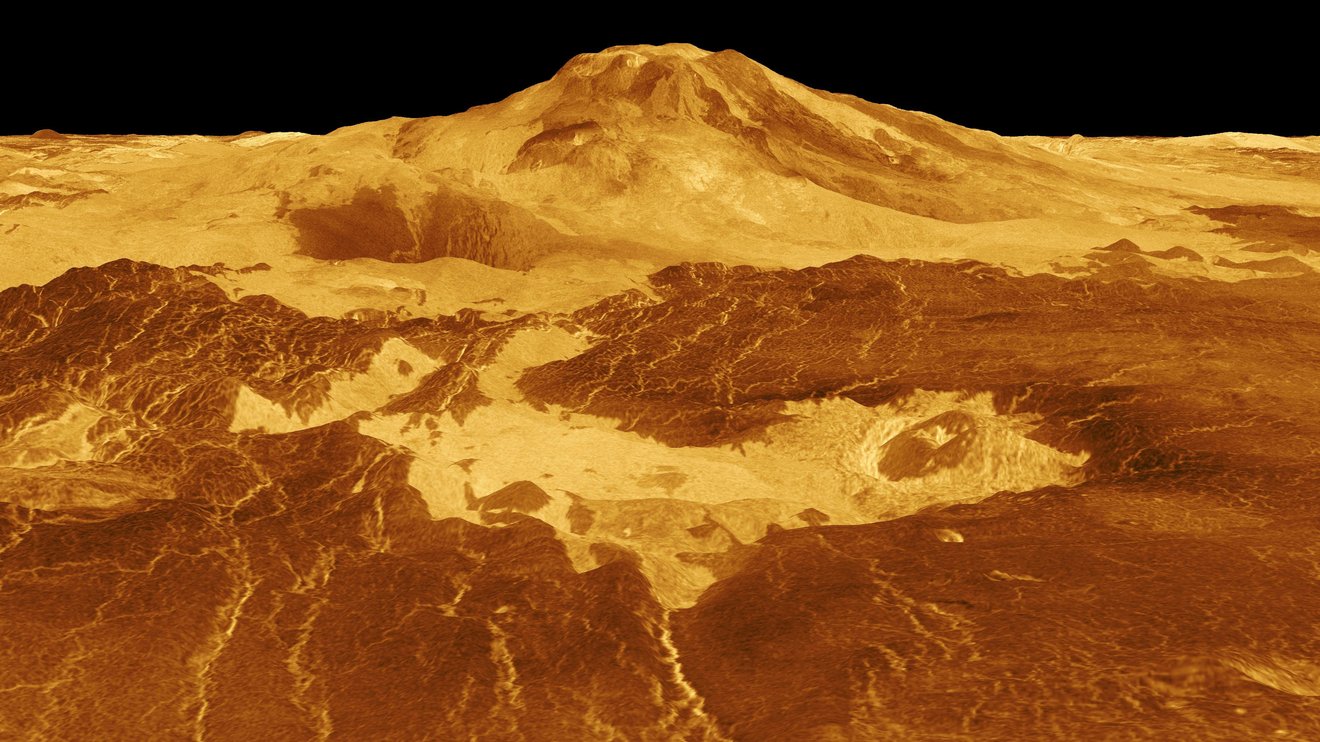Universe Today has had the privilege of spending the last several months venturing into a multitude of scientific disciplines, including impact craters, planetary surfaces, exoplanets, astrobiology, solar physics, comets, planetary atmospheres, planetary geophysics, cosmochemistry, meteorites, radio astronomy, extremophiles, organic chemistry, and black holes, and their importance in helping teach scientists and the public about our place in the cosmos.
Continue reading “Cryovolcanism: Why study it? What can it teach us about finding life beyond Earth?”Cryovolcanism: Why study it? What can it teach us about finding life beyond Earth?


